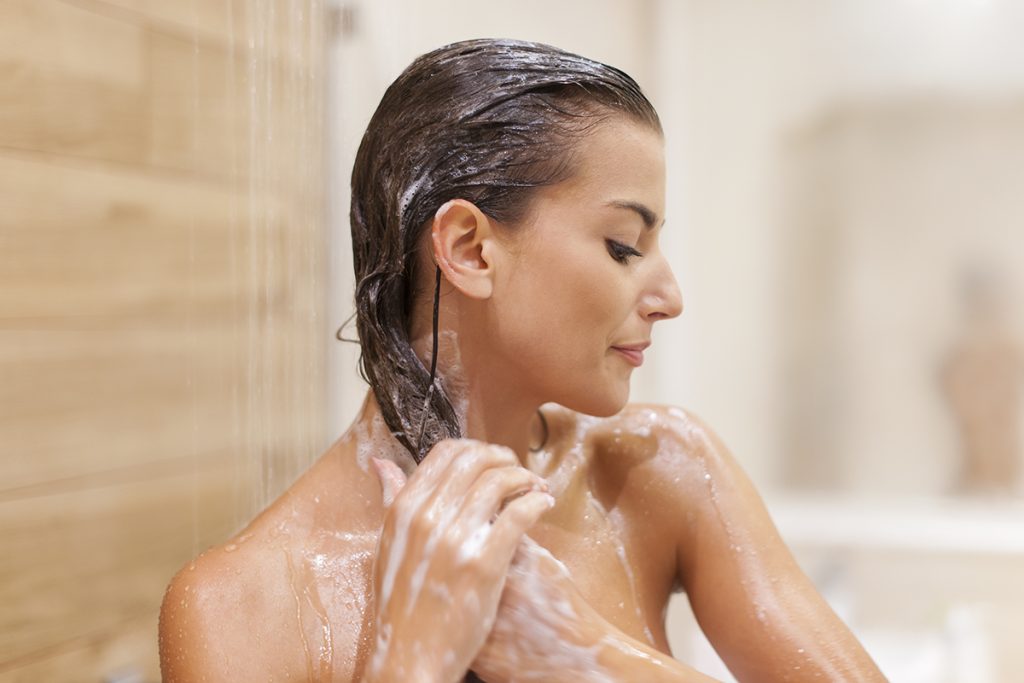7 Cool benefits of taking a cold shower
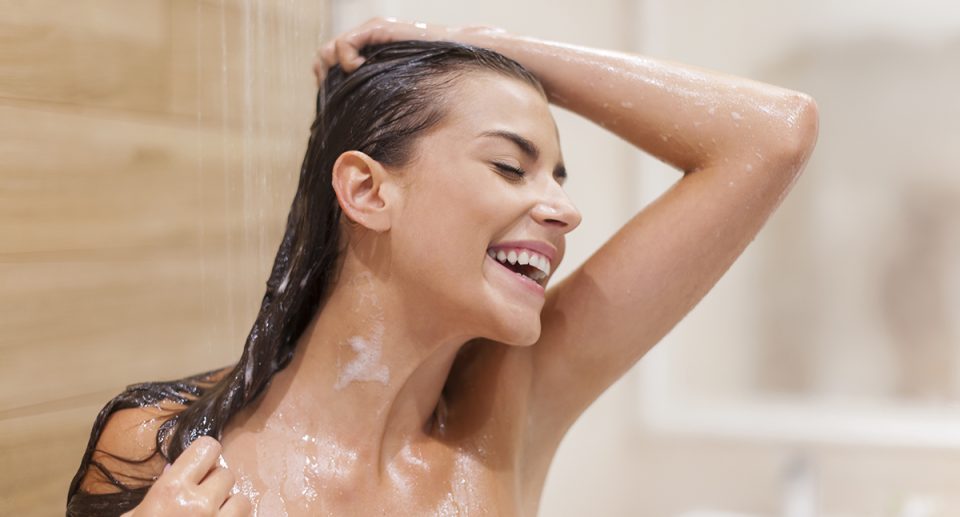
Cold showers are trendy for jumpstarting the day, claiming benefits like improved mental well-being, energy levels, and muscle soreness relief. Linked to cold-water immersion, studies suggest health merits, impacting circulation and stress response.
However, not all claims are scientifically proven, necessitating further research to confirm long-term benefits. Let’s explore current knowledge and evaluate evidence for each asserted advantage.
01. Potential mood improvement
Cold exposure activates the sympathetic nervous system, inducing the fight-or-flight response. This stress from cold showers may boost endorphin hormones, enhancing happiness and energy. Research proposes that electrical impulses from cold receptors could alleviate depression symptoms, but conclusive evidence is lacking for cold water therapy as a mental health treatment.
A 2008 study suggested relief from depression with a brief cold shower, but further research is needed for a comprehensive understanding of its impact.
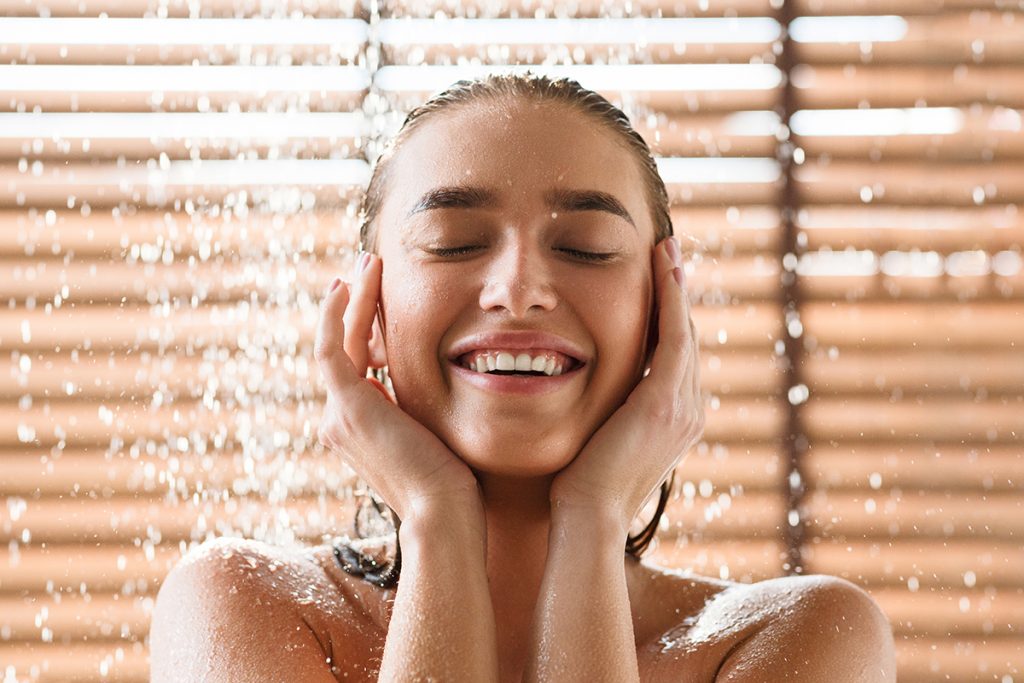
02. Wakefulness induction
The scientific basis for feeling more alert after exposure to cold water lies in the increased circulation and blood flow to the core. Enhanced blood flow facilitates better oxygen transport throughout the body, potentially promoting wakefulness.
The endorphin rush from cold water immersion may also contribute to an increased sense of alertness and energy. Research indicates that regularly incorporating cold showers into a routine may have an energizing effect comparable to the consumption of caffeine.
03. Potential muscle soreness reduction
Cold therapy, such as ice application, is commonly used for post-exercise pain and injury recovery. Cold showers, a form of cold-water immersion, may have similar effects. A 2013 study showed that immersing the body in water from 50 to 59 degrees Fahrenheit (10 to 15 degrees Celsius) for 5-15 minutes reduced post-exercise soreness below the neck.
A 2021 review of 32 trials found that cold therapy within an hour of exercising delayed onset muscle soreness, with comparable results to heat therapy. Hot showers, while potentially reducing soreness, may cause skin-drying effects and irritation, making cold showers a preferable option.
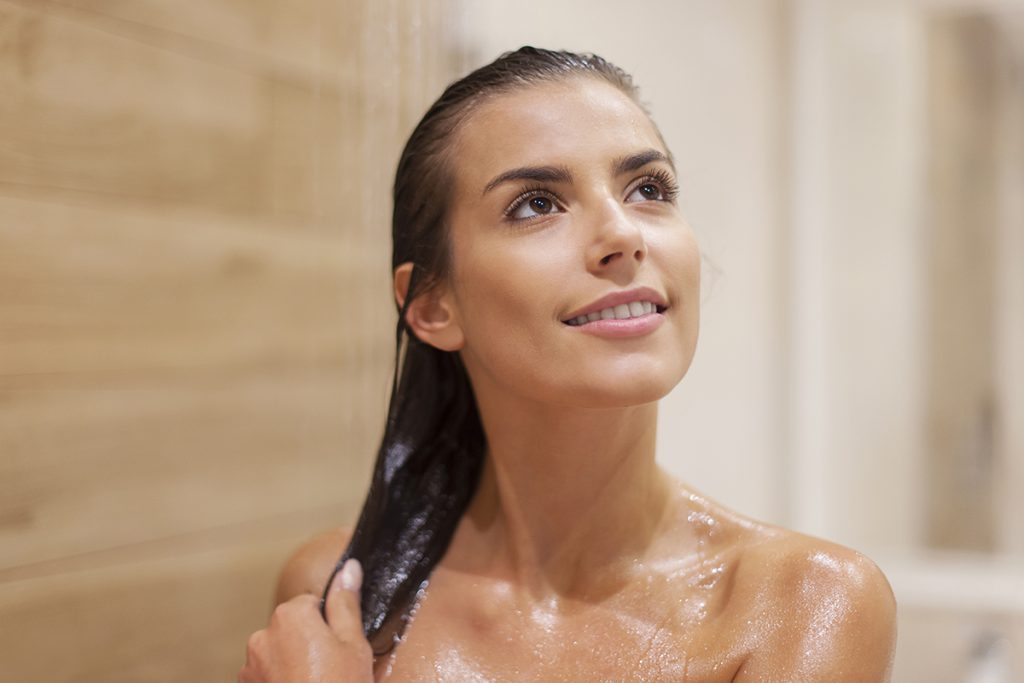
04. Potential pain relief
Cold exposure triggers skin cold receptors, sending pain-reducing impulses to the brain and releasing endorphins for natural pain relief and mood enhancement. Cold showers may assist in alleviating pain from chronic conditions or injuries.
Evidence indicates an anti-inflammatory response, potentially aiding in pain linked to inflammation, as seen in a 2017 study on chronic inflammatory arthritis. However, more research is crucial to fully grasp cold showers’ effectiveness in treating various types of pain and their role in reducing inflammation.
05. Potential immune system enhancement
While cold showers are touted for boosting immune health, current research may not strongly support this claim. A 2016 study with 3,018 healthy participants showed a 29% decrease in sick days taken from work by those taking cold showers for 30, 60, or 90 seconds over 30 days.
However, it did not reduce the overall number of sick days due to illness. Limited evidence hints at potential infection mitigation in individuals with chronic obstructive pulmonary disease (COPD), a progressive lung disease.
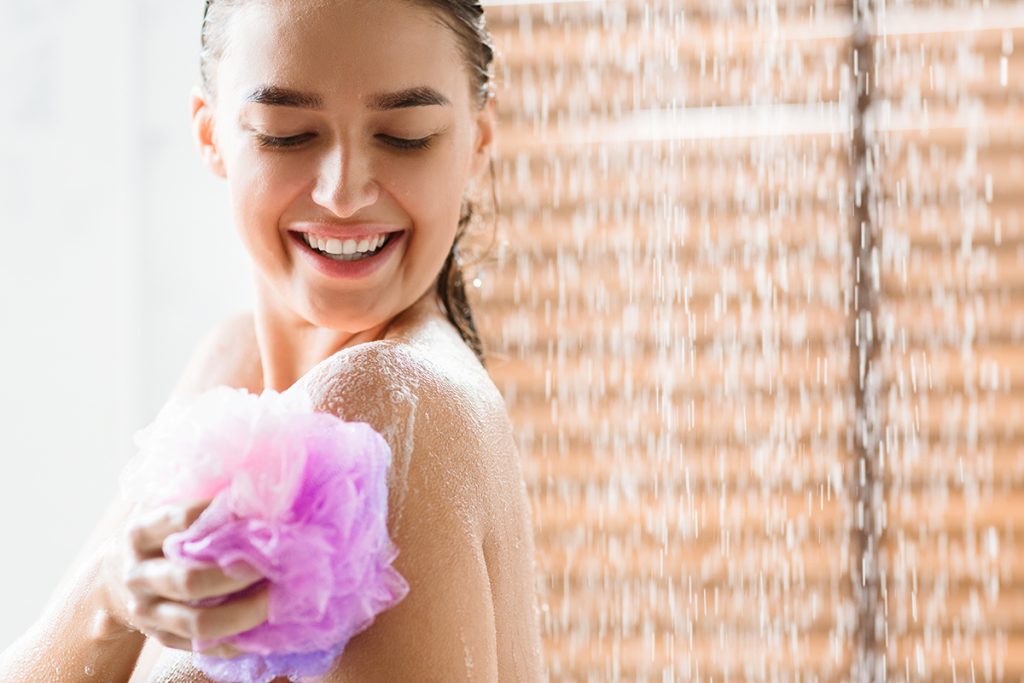
06. Potential metabolism assistance
Limited research suggests that cold showers could initiate a boost in metabolism. The metabolism, responsible for converting food into energy, may experience an increase in resting metabolism, potentially aiding in calorie and fat burning. This effect may be attributed to the body’s shivering response during cold showers, as it expends energy to maintain warmth.
07. Potential protection against age-related conditions
A review conducted in 2022 suggested that exposure to cold water may contribute to elevated levels of adiponectin, a hormone released by body fat. Adiponectin is believed to play a preventive role in age-related conditions such as insulin resistance, diabetes, and atherosclerosis. The hypothesis is that shivering during exposure to cold water may lead to an increase in adiponectin levels.
However, it remains imperative to conduct further research to conclusively establish whether the benefits of cold showers extend to the protection against age-related conditions.
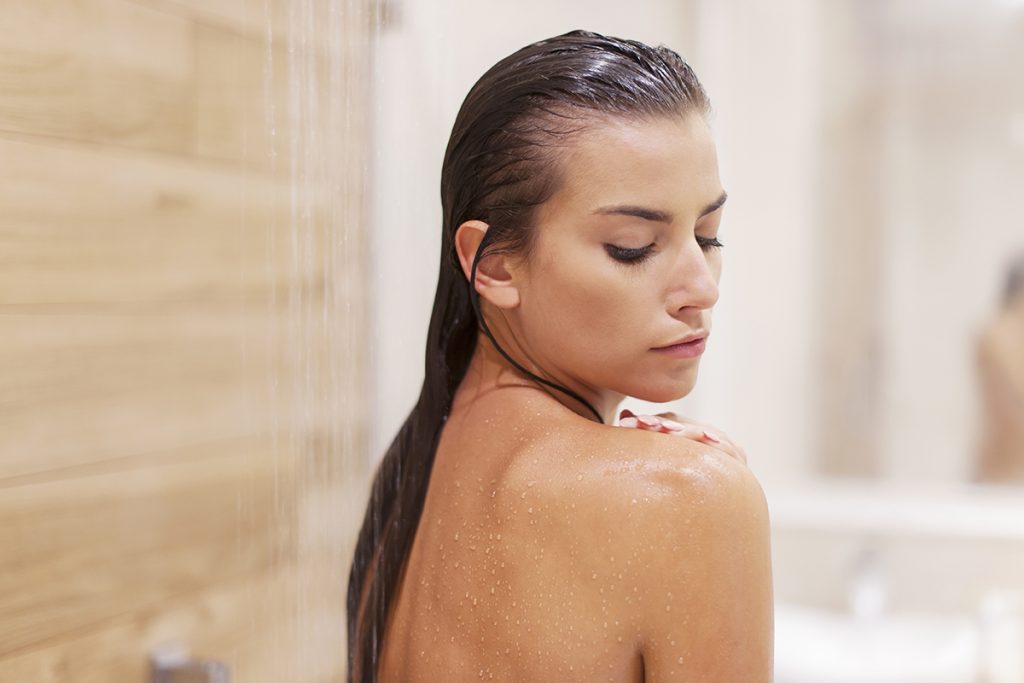
Risks associated with cold Showers
For individuals in generally good health, the primary risk associated with cold showers is the potential discomfort they induce. While brief exposure to cold water is not inherently hazardous, it may pose challenges for individuals with specific health conditions.
It is advisable to refrain from cold showers if you have any of the following health conditions: Cold urticaria (cold hives), heart or lung conditions, or Raynaud’s syndrome.
Cold shower tips
Are you ready to embrace the chill in your shower? Here are some tips to enhance the health benefits of a cold shower and make the experience more enjoyable:
- Adjust the temperature: Optimal cold water therapy typically involves water in the range of 50-59 degrees Fahrenheit (10-15 degrees Celsius).
- Gradual initiation: If you’re new to cold water therapy, start slowly. Begin with a 30-second cold shower, or even just 15 seconds if 30 seems too challenging. Progressively increase the duration each week, aiming for one minute, two minutes, and beyond. Ultimately, target a comfortable range of 5-15 minutes.
- Temperature variation: If adapting to a cold shower proves challenging, consider alternating between cold and warm water for brief intervals (15-30 seconds). Alternatively, start with warm water and gradually transition to colder temperatures.
- Breath relaxation: Focus on your breathing to remain calm and prevent tensing up in response to the initial shock of cold water.
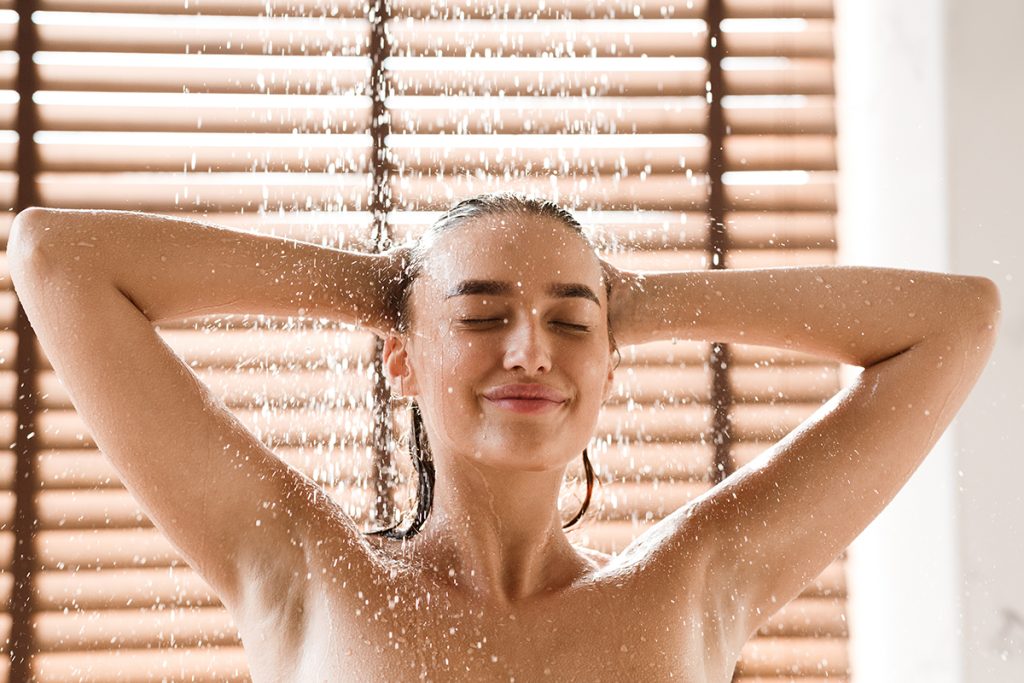
7 Cool benefits of taking a cold shower conclusion
Studies suggest that adding cold showers to your routine can enhance circulation and stress response, potentially uplifting mood, boosting energy, alleviating muscle soreness, reducing pain, stimulating metabolism, and strengthening the immune system. However, further research is necessary to conclusively validate or understand claimed benefits, such as treating depression or aiding in fat burning.
Cold showers can be brief, lasting as little as 15 seconds, with water temperatures typically between 50 and 59 degrees Fahrenheit (10 and 15 degrees Celsius). While generally safe, individuals with conditions like cold hives or Raynaud’s syndrome should consult a healthcare provider before incorporating cold showers into their routine.
